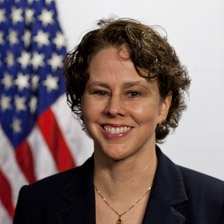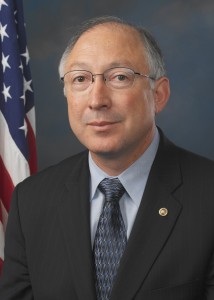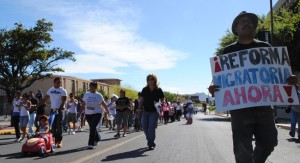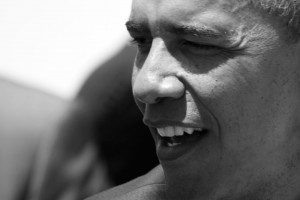First Lady talks education to Hispanic audience
|
By Percy Luján
NEW YORK CITY — First Lady Michelle Obama, featured speaker at the League of United Latin American Citizens convention, which concluded here this past week, didn’t venture into the national debate about the 50,000-plus Central American children clogging the U.S.-Mexico border. She left that contentious politicized subject up to husband Barack. Instead, addressing 1,200 LULAC members at a unity luncheon here, she chose to talk about education and Latino youth. After commending LULAC for its consistent civil rights advocacy on Latino and black education issues, she shifted, “While all of you are proud of what you did, you are by no means satisfied.”
A U.S. Department of Education study released in April showed the high school graduation rate for Hispanic students nationwide was 73 percent, 13 points lower than for white students in the school year ending in 2012. For African-American students it was 69 percent.






